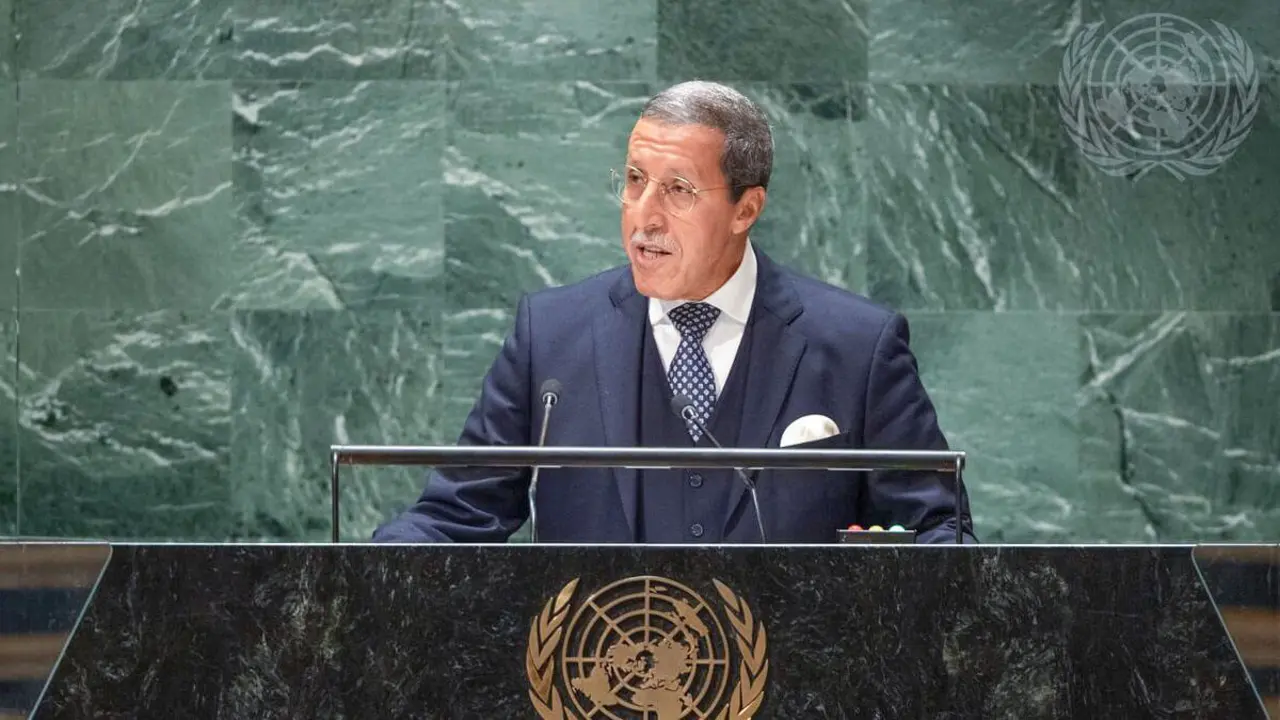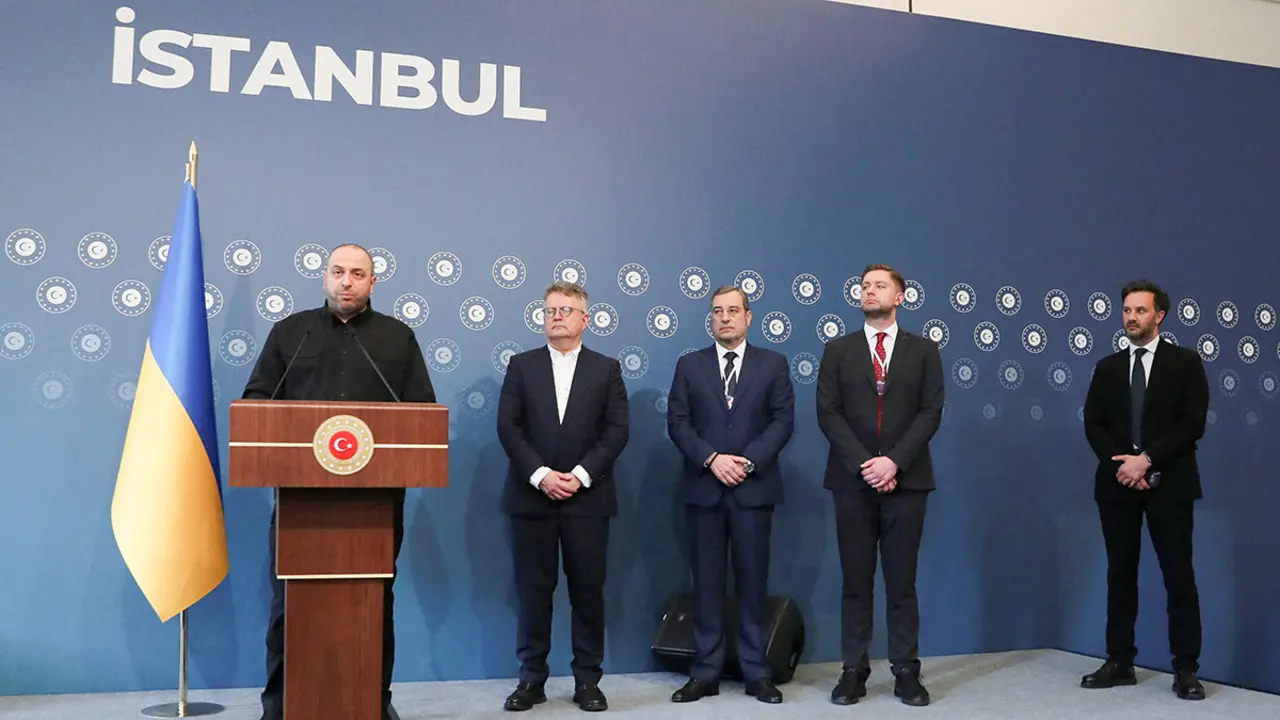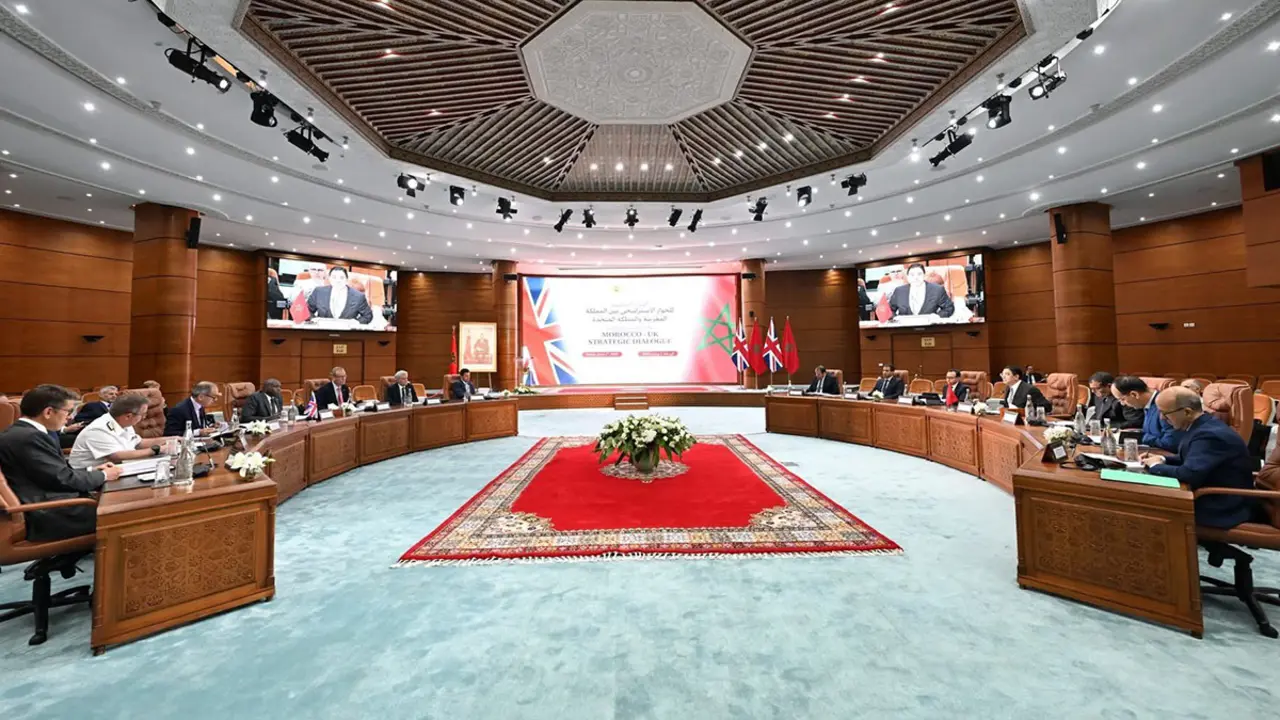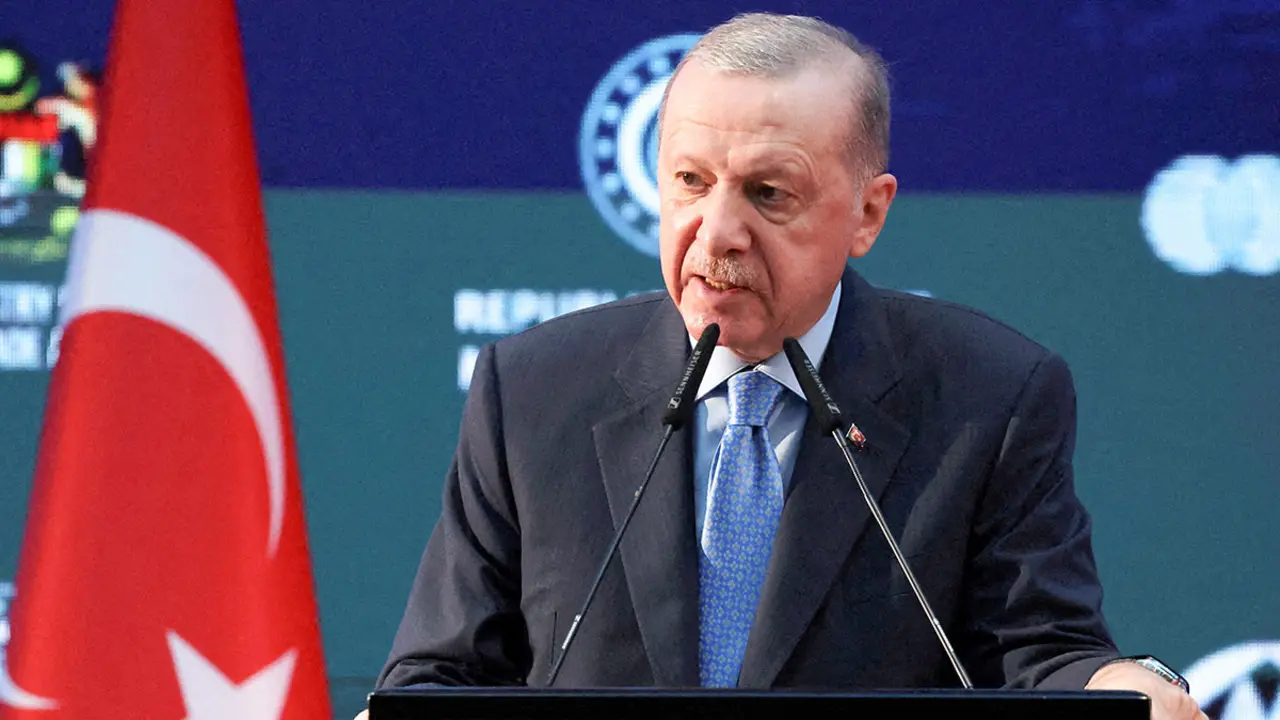Chile punishes the political class and entrusts change to independents
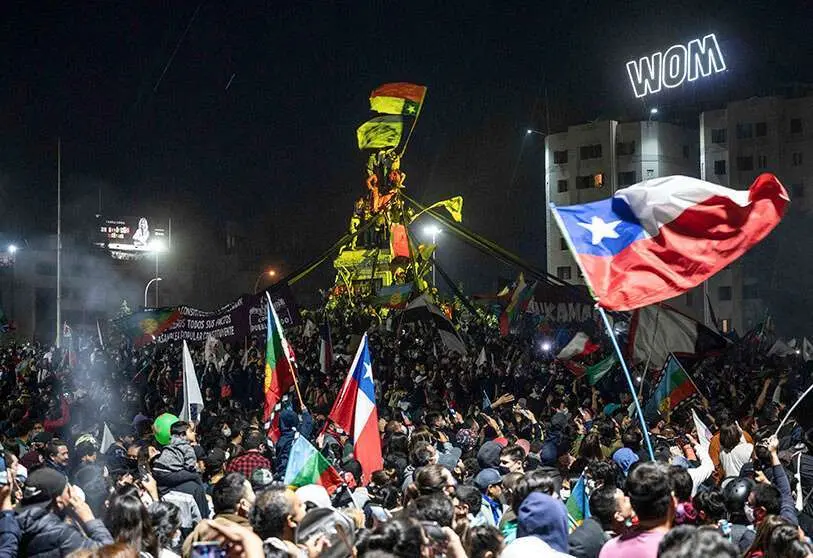
Chileans entrusted citizens outside political parties with the task of driving a process of change through the drafting of a new Constitution, giving them almost a third of the 155 seats in the convention that will draw up the new text in this weekend's constituent elections.
The independents are citizens who defend diverse sensibilities, from feminism to the environment, education, social justice or health, who presented their candidacy for the occasion, the first time in history that people outside traditional political party structures were allowed to stand for election.
Its success connects this constituent process with the social protests of October 2019 in which it was conceived, which motivated citizens to participate directly in the construction of the new model of country that they were demanding in the streets.
The traditional political parties were the big losers of this double election day (Saturday and Sunday), achieving a much lower representation than expected, especially the ruling right's candidacy, which fell far short of the one-third of the seats it aspired to.
The sum of the two left-wing opposition party lists also fell far short of the two-thirds that had been attributed to them before the elections.
With 96.2 per cent of the votes counted, the independents won 48 seats, the two large left-wing opposition lists totalled 52 (27 for Apruebo Dignidad and 25 for Lista del Apruebo) and the right wing, which ran on a single list called Vamos por Chile, won 38.
The composition of the convention, which will still have to undergo a parity correction to accommodate an equal number of men and women, also includes 17 members from indigenous peoples, a fixed quota that was already reserved for them.
"We are being challenged by new expressions and leaderships. It is our duty to listen with humility and attention to the message of the people," said Chilean President Sebastián Piñera after the results were announced, saying that the traditional parties are not "adequately attuned to the demands and desires of citizens".
Victims of a general discrediting of institutions, the candidates of the political class will have to seek major agreements with independents to generate the new Magna Carta, which will replace the current one, promulgated in 1980, during the dictatorship of Augusto Pinochet (1973-1990).
"There is no doubt that we are experiencing a transversal defeat. A defeat that should make us reflect. We have not known how to interpret the majority of citizens," said Mario Desbordes, presidential pre-candidate of the right-wing National Renewal party.
"There is a questioning of the political class, people want change, they want new hopes, they want proposals," said former foreign minister and presidential pre-candidate Heraldo Muñoz of the social democratic Party for Democracy (PPD).

The independents will set the tone in the debate on the new Magna Carta, but they will not be able to do so on their own, as they do not have two thirds of the representation in the constituent convention, the proportion necessary to approve each rule that is to be included.
But in general they are in line with progressive positions, so it is expected that in many aspects they will be in tune with a part of the left-wing opposition constituents, adding support that will allow for profound changes in the country's model.
"All the conditions are in place to be able to promote much more substantive processes of change, it is what is expected and it is feasible," Octavio Avendaño, an academic at the Faculty of Social Sciences of the University of Chile, told Efe.
"This is a categorical triumph of change, of our country's desire for transformation in order to have a more dignified, fairer and more prosperous Chile", added former foreign minister Muñoz.

Even so, the heterogeneity of interests represented by the constituents, which finds a greater degree of depth within each of the blocs, with divergent positions on some issues, will force extensive negotiations to push through certain precepts.
This makes for a "motley convention" in which none of the lists alone reaches two-thirds of the seats, so those elected "are going to have to reach agreements", Avendaño added.
"The rules for the convention were made and designed for the construction of agreements. The results we are seeing today make these agreements essential," said former education minister Marcela Cubillos of the right-wing Independent Democratic Union (UDI).
The constituent assembly will have up to a year to draft a proposed constitution, which in mid-2022 will be put to a vote of the citizens for approval or rejection in a referendum with a mandatory vote.



